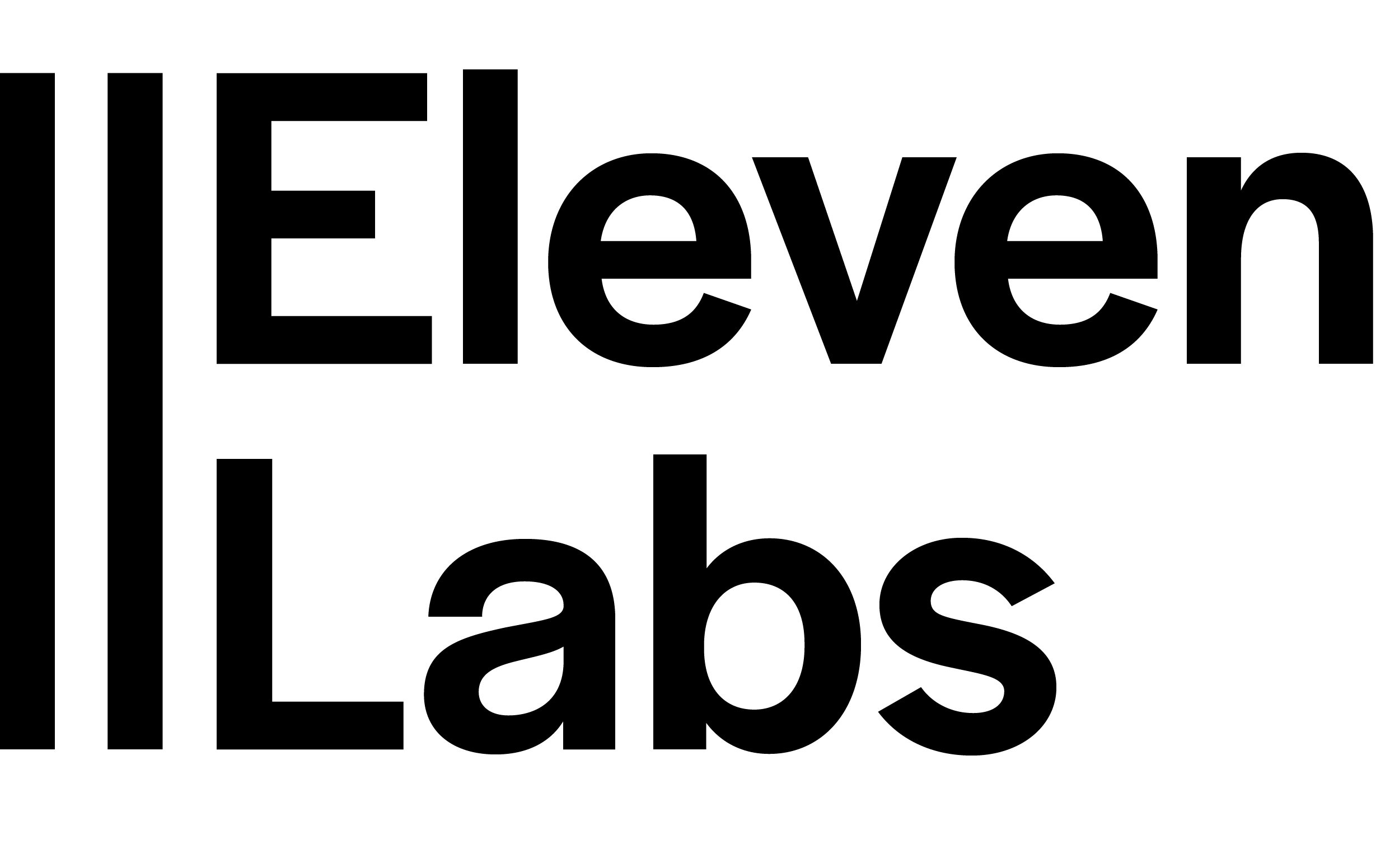The Boeing strike, now in its fourth week, is more than just a dispute over wages. It's a microcosm of the anxieties gripping Americans as inflation erodes their purchasing power and economic uncertainty mounts. While the union demands a 40% pay increase and a return to defined-benefit pensions, Boeing argues that such demands are unsustainable given the company's financial struggles. But beyond the bargaining table, the strike reflects a deeper struggle for economic security and fairness in a time when the cost of living is soaring and many Americans are forced to make tough choices about their spending and their future.
The ongoing strike at Boeing, now in its fourth week, is a stark reminder of the complex relationship between labor, industry, and the wider economic landscape. The dispute, which pits 33,000 factory workers represented by the International Association of Machinists and Aerospace Workers (IAM) against the aerospace giant, is not just about wages. It's a reflection of the anxieties gripping many Americans in a time of persistent inflation.
Here are the key demands of the IAM in the Boeing strike:
* **40% pay increase over four years:** This represents a significant increase in wages for Boeing workers.
* **Restoration of a defined-benefit pension plan:** The union wants to replace the current 401(k) plan with a traditional pension, which provides guaranteed income in retirement.
* **Other improvements to benefits:** The IAM is also seeking improvements to other benefits such as health insurance and vacation time.
### The Clash at the Bargaining Table: Wages and Benefits in a Tight Economy

The heart of the conflict lies in the clash between the IAM's demands – a 40% pay increase over four years, a return to the defined-benefit pension plan, and other improved benefits – and Boeing's financial realities. The company argues that the strike is unsustainable given recent struggles, including the grounding of the 737 MAX, a pandemic-induced slump in air travel, and fierce competition from Airbus.
This clash ignites heated debate online, with many commentators arguing that the union's demands are unrealistic given Boeing's precarious financial position. But this perspective overlooks the broader economic context. The past few years have seen inflation erode the purchasing power of Americans, forcing them to make tough choices about spending and priorities.
### Inflation's Impact: A Shifting Landscape for Workers and Companies
A recent survey by Santander U.S. paints a stark picture: nine out of ten consumers have cut back on spending, and 64% have made significant budget cuts to avoid dipping into savings. This trend is mirrored in the Boeing strike, where the union argues that workers need a substantial pay increase to keep up with rising costs of living.
The fight over pensions, a key point of contention in the strike, further underscores the anxieties surrounding economic security in a time of inflation. The transition from defined-benefit pensions to 401(k) plans a decade ago has left many workers feeling vulnerable, with concerns about their ability to save enough for retirement.
This concern is echoed in the Santander survey, which found that the traditional "American dream" of homeownership is losing its allure as housing prices continue to soar. Americans are increasingly prioritizing affordability over equity, with many choosing to rent rather than buy.
### Finding a Path Forward
The path to resolution for the Boeing strike will require both parties to approach the negotiations with an understanding of the challenges facing both labor and industry in an inflationary environment. The union must recognize the financial realities of the company while also advocating for fair compensation that reflects the value of their workforce. Boeing must acknowledge the real impact of inflation on their employees and demonstrate a willingness to find creative solutions to address their concerns.
Finding common ground amidst these economic headwinds will be essential for both parties to achieve a sustainable solution that benefits both workers and the company.

 natural ai speech synthesis
natural ai speech synthesis